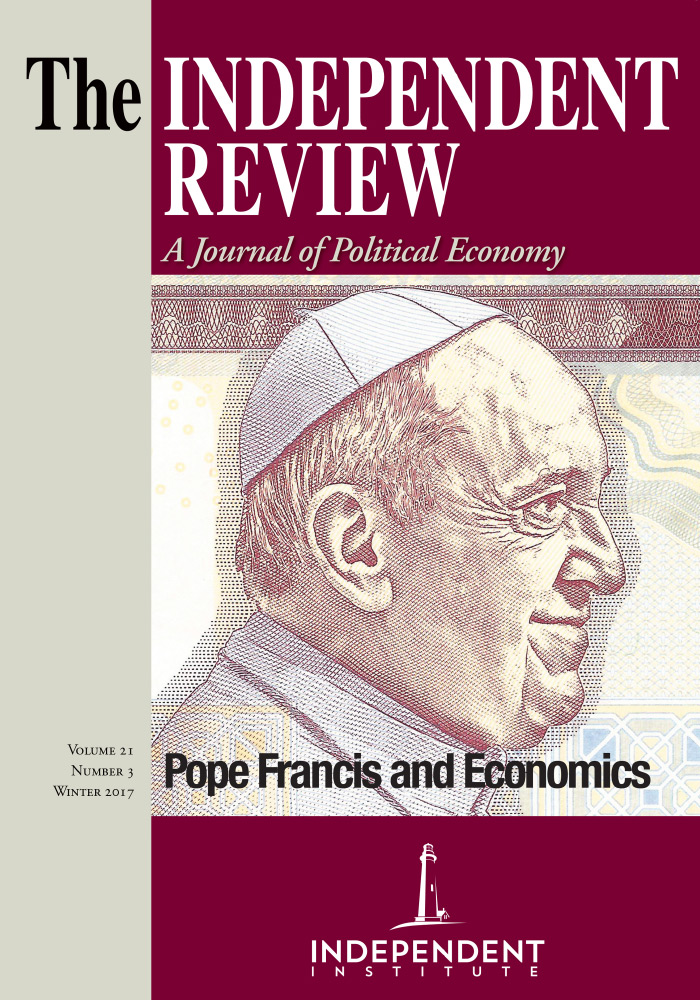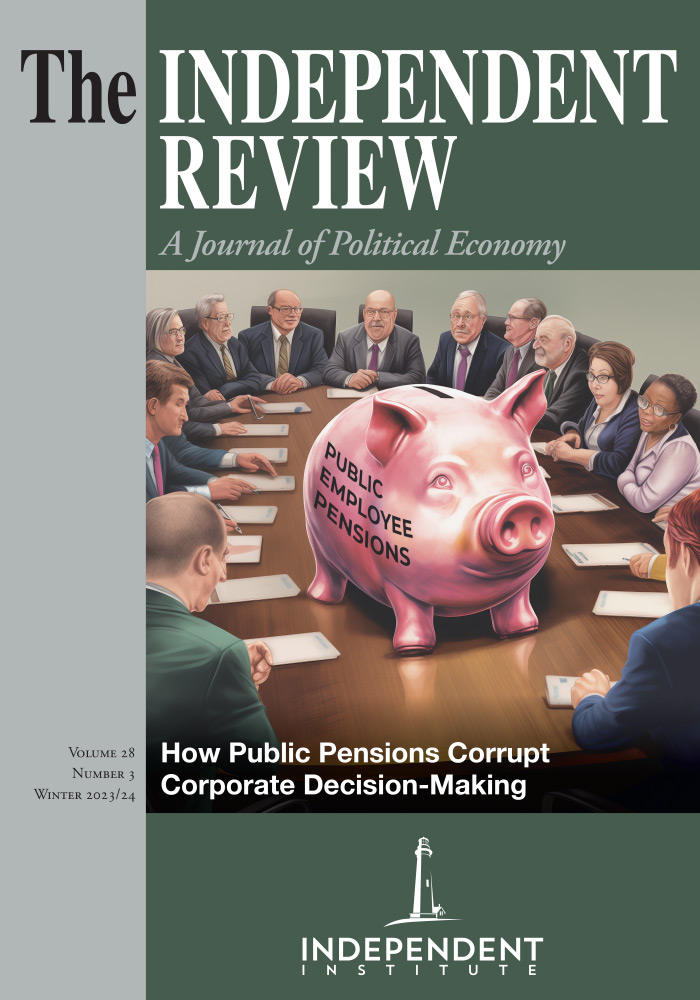Contrary to Thomas Piketty’s interpretation, Jane Austen’s stories of English manners and customs at the turn of the nineteenth century depict a society of dynamism and mobility. Like Adam Smith before her, the great novelist showed an appreciation for social institutions, ranging from the family to the right of property, as promotors of individual and collective progress.
Carlos Rodríguez Braun is Professor of History of Economic Thought at the Complutense University, Madrid, Spain.
| Other Independent Review articles by Carlos Rodríguez Braun | ||
| Spring 2017 | Pride and Profit: The Intersection of Jane Austen and Adam Smith | |
| Summer 2012 | The Values of Free Enterprise versus the New Populism in Latin America | |
| Winter 2010/11 | Bastiat as an Economist | |
| [View All (5)] | ||









